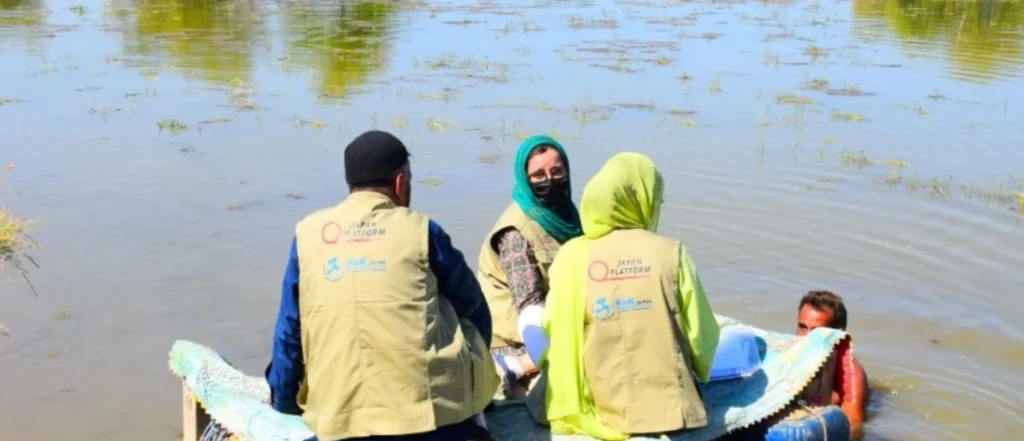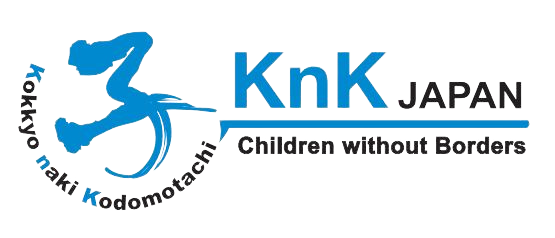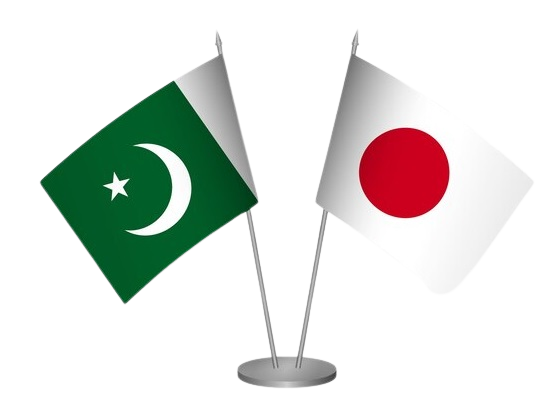PAKISTAN FLOODS 2022
EMERGENCY RESPONSE PROGRAM

PAKISTAN FLOODS 2022 EMERGENCY RESPONSE PROGRAM
Water, Sanitation and Hygiene(WASH)
Clean Drinking Water Initiative by KnK Japan: In 2022, KnK Japan focused on providing clean drinking water to communities in Pakistan. The organization implemented an ultra-filtration plant project in the districts of Jacobabad in Sindh province, and Jaffarabad and Sohbatpur in Balochistan province.
Ultra-Filtration Plant Project:The ultra-filtration plant project aimed to provide safe and clean drinking water to the communities in the selected districts. The project included the installation of ultra- filtration plants, which purify the water and make it suitable for drinking. The plants were equipped with advanced technology, including membrane filtration and chlorination systems, to ensure the water was free of harmful bacteria and viruses.
Distrct Jacobabad and Qambarshahdadkot, Sindh Province: In District Jacobabad, KnK Japan installed ultra-filtration plants in the communities of Sindh. These plants have been providing clean drinking water to over 20,000 people since their installation. The project has significantly improved the health and well-being of the communities that previously relied on contaminated water sources.




Jaffarabad, Sohbatpur and Ustamuhammad, Balochistan Province: KnK Japan installed ultra-filtration plants in Jaffarabad and Sohbatpur, Balochistan, providing safe drinking water to over 30,000 people, significantly improving community health by reducing waterborne illnesses. The project positively impacted health, well-being, and children’s education, as they missed school due to illness. This initiative aided over 50,000 people in both the provinces. KnK Japan’s efforts have greatly enhanced the quality of life in these communities, demonstrating their commitment to sustainable solutions for vulnerable populations.
Wash in Schools and Communities: Our mission focuses on ensuring equal access to clean water, sanitation, and hygiene in educational institutions and surrounding communities. We’ve enhanced sanitation in schools by providing amenities like Girls’ Friendly Toilets, Teachers’ Friendly Toilets, and accessible facilities for those with physical challenges. Beyond schools, we’ve implemented Community Toilets, including Women’s Friendly Toilets, to eliminate open defecation, addressing Menstrual Hygiene Management and combating health challenges such as trachoma, vector-borne and waterborne diseases, gastrointestinal illnesses, and malnutrition, often worsened by poor sanitation.
Provision of Low-cost Latrines: As a part of the Flood Emergency Response Program, low-cost latrines were provided in several districts of Sindh and Balochistan, including Jacobabad, Sohbatpur, Jaffarabad.
The provision of these low-cost latrines had a significant impact on the flood-affected communities. Access to proper sanitation facilities helped reduce the risk of waterborne diseases and ensured the safety and dignity of women and girls. Moreover, it helped promote better hygiene practices among the population, contributing to their long-term recovery and resilience. In conclusion, the provision of low-cost latrines was an important intervention under the Flood Emergency Response Program. It helped address the urgent sanitation needs of the flood-affected communities in Sindh and Balochistan and contributed to their long-term recovery and resilience. It is crucial to continue investing in such interventions to ensure the safety and well-being of the most vulnerable populations during emergencies and disasters.




Hygiene sessions: As a part of the Flood Emergency Response Program in Sindh and Balochistan, hygiene awareness raising sessions were conducted to promote better hygiene practices among the flood-affected populations. These sessions aimed to raise awareness about the importance of maintaining proper hygiene to prevent the spread of waterborne diseases, which are common during floods
The hygiene awareness raising sessions included various components such as handwashing techniques, safe water storage and treatment, and proper sanitation practices. The sessions were conducted by trained personnel and targeted both adults and children in the flood-affected communities.
The sessions also focused on promoting behavioral change and encouraging the adoption of healthy hygiene practices. This was important because simply providing access to clean water and sanitation facilities is not enough if people do not use them properly.
Overall, the hygiene awareness raising sessions were an important component of the Flood Emergency Response Program in Sindh and Balochistan. They helped raise awareness among the flood- affected populations about the importance of proper hygiene practices and contributed to preventing the spread of waterborne diseases. The program also aimed to promote long-term behavioral change and ensure the sustainability of the hygiene interventions beyond the emergency response phase.




